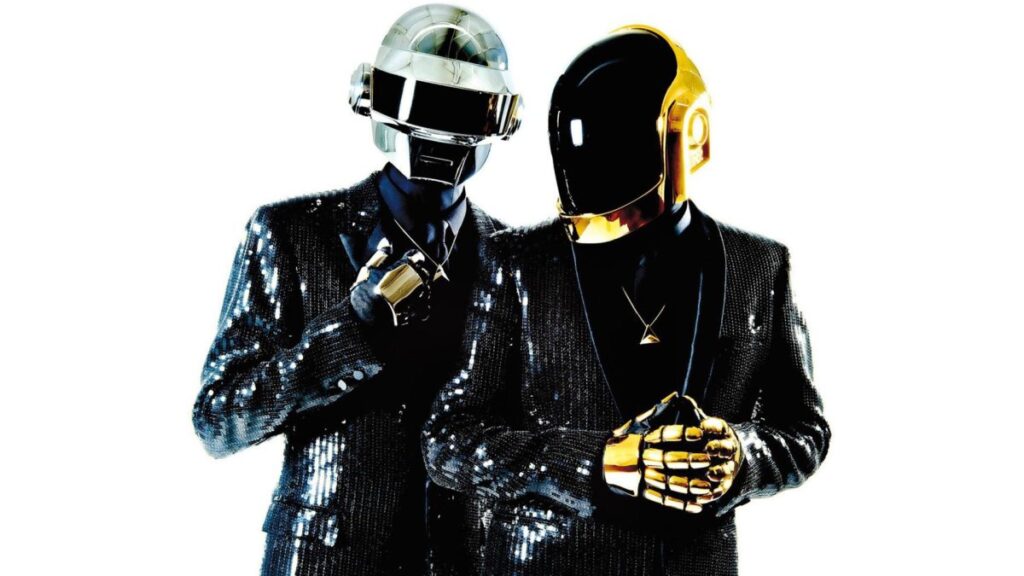After Daft Punk announced their shocking retirement, it's clear our favorite robot artists will be going out on top. However, in a newly released, previously unpublished interview by Variety's Jonathan Cohen, it's clear that fate's path could have easily taken a different turn.
15 years ago, Daft Punk was set back following the release of Human After All, a commercial flop at the time that only sold a fraction of the units of their preceding album. Though they had opted not to tour following the release of Discovery, they were ready to hit the road, but there were questions as to whether the opportunity would financially present itself given the commercial reception of their latest record. Then, like a godsend, Coachella presented an offer.
"The interesting thing was that Coachella was a big offer financially, and that triggered the ability to bring the show to the next level, Daft Punk's Thomas Bangalter said. "We were ready to play again — we’ve never done anything for the money or tried to take economic advantage. But we have crazy ideas, and these ideas can be expensive."
The stars were aligning for Daft Punk personally, and the cultural shift in North America towards embracing disco and house music could not have presented better timing. Additionally, the duo stated that having the opportunity to present their work live at the scale they wanted helped audiences better understand and appreciate Human After All.
"A lot of the tracks from [Human After All], which has not been received well by critics and maybe not by the audience, have gotten a stronger response when we play them in the show," Guy-Manuel de Homem-Christo said. "It was really important for us to try and express that — this kind of triangle that exists between the three records."
Looking back, it's hard to believe that Daft Punk's now historic Alive 2007 tour, the mere mention of which still draws unmitigated enthusiasm from fans, was nearly the event that never was.
Source: Variety


